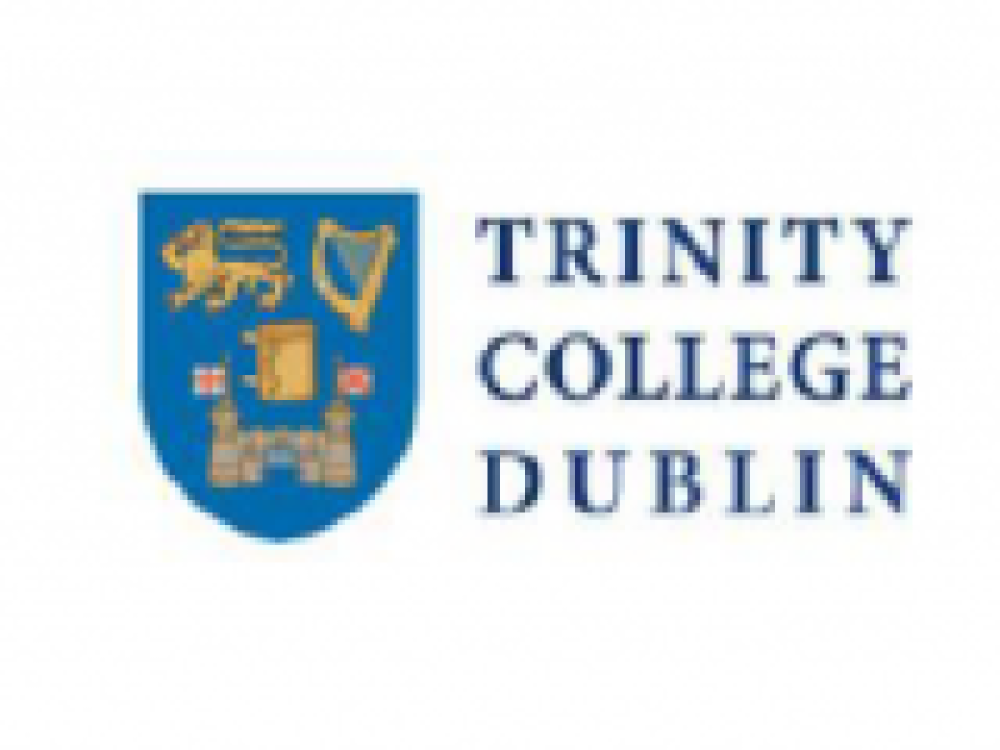DCU FuJo is collaborating with the University of Canberra to undertake a pilot project on political disintermediation. 'Bypassing the Fourth Estate' examines the extent to which Irish and Australian politicians bypass the scrutiny of journalists by publishing directly to online and social media.
In the traditional mass media environment, politicians and journalists were dependent on each other to fulfil their roles. Although mutually beneficial, it has been a necessarily tense relationship caught in a continual struggle over the release and presentation of information. In the current ‘hybrid’ media system (Chadwick, 2013) that includes traditional and digital media platforms, the constraints of mutual dependence have been removed. Digitization means that anyone with access to the internet, including politicians, can publish their opinions via blogs and social media like YouTube, Facebook, Twitter and Instagram, without needing to rely on attracting the interest of the mainstream journalists.
This ability to bypass the news media is a phenomenon called ‘disintermediation’ (Coleman, 2005; Steiner, 2009), which is also referred to as ‘direct representation’ (Coleman 2005) or ‘self-representation’ (Lilleker & Koc-Michalska, 2013). Disintermediation has been heralded for its potential to increase citizen and politician participation in the political process (Coleman & Blumler, 2009; Effing, van Hillegersberg, & Huibers, 2011; Marsh & McLean, 2012) by allowing politicians and citizens to talk directly to each other about policy and thereby facilitate a more dialogic and deliberative democracy (Coleman, 2005).
However, it also has possible negative consequences. Donald Trump, whose antagonism toward journalists is well known, adopts this tactic to counter critical mainstream coverage of his policies and to spread his messages unchecked.
https://twitter.com/realDonaldTrump/status/829836231802515457
https://twitter.com/realDonaldTrump/status/829384587482656768
While politicians' ability to bypass journalistic scrutiny via social media is noted in the research literature there are few empirical studies on the phenomenon. In this context, the pilot project aims to contribute new knowledge to this under-research area. The project has three components: (1) a quantitative content analysis and a qualitative framing analysis of the content of politician’s use of Facebook, Twitter and YouTube; (2) survey analysis of the public’s use of politician’s social media feeds using two new questions added to the annual Reuters Digital News Report; and (3) qualitative interviewing with political media advisers to determine their strategic use of specific social media, and to assess the value and trust they place on social media compared to mainstream media.
Subscribe to FuJo's newsletter.




